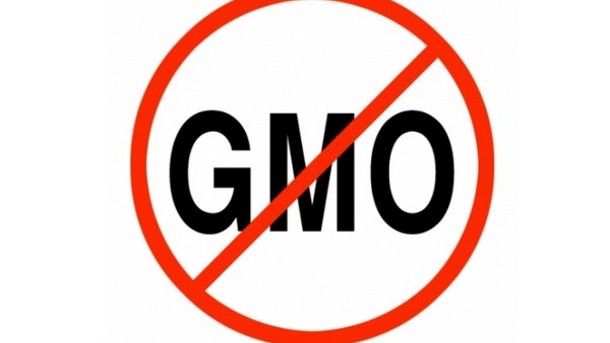Supreme Court ruling allows the grassroots Right to Know Colorado campaign to begin circulating petitions for signatures to place the initiative on the November 2014 ballot.
March 18, 2014

In overturning a major challenge by mainstream biotech, pesticide and grocery interests to a statewide GMO labeling ballot initiative, the Colorado State Supreme Court on March 13, 2014, affirmed the title for Ballot Initiative #48 to label the presence of genetically modified foods, commonly called GMOs, on food packaging. In doing so, the Colorado Supreme Court turned away a challenge to the title of Right to Know Colorado’s GMO ballot initiative.
The Supreme Court ruling allows the Right to Know Colorado campaign, a grassroots effort established by local residents to achieve mandatory labeling of GMOs in foods, to begin circulating petitions for signatures to place the initiative on the November 2014 ballot. Colorado requires 86,105 valid signatures to be submitted by early August to place an initiative on the ballot, according to Rick Ridder of Denver-based RBI Strategies and Research, political advisor to the Right to Know Colorado campaign. The campaign plans to partner with local farmers, farmers markets, moms, faith-based organizations, natural, organic and non-GMO food retailers, and other health, sustainability and consumer advocacy organizations to gather the signatures needed.
“We are pleased that the state Supreme Court ruled in favor of the GMO labeling ballot title, and we look forward to bringing a GMO labeling initiative before the voters of Colorado this fall. Coloradans have the right to know what is in their food, and to make purchasing decisions for their families based on knowing whether their foods are genetically engineered, and we believe they will have that opportunity after November,” said Larry Cooper, one of the proponents of the Right to Know Colorado initiative.
With no federal GMO labeling requirements in place in the U.S., it is estimated that more than 80 percent of conventional processed foods contain genetically engineered ingredients, primarily from GMO corn, soy, canola, cotton, sugar beets and other GMO crops. However, according to national GMO labeling advocacy organization Just Label It, more than 90 percent of U.S. consumers surveyed want mandatory labeling of GMO foods. While pro-biotech interests claim that GMOs are safe, a growing body of scientific research suggests there may be enough risks to justify the need for consumer transparency. More than 64 other countries require mandatory labeling of genetically engineered or GMO foods. Colorado joins more than two dozen other states, including Oregon, Arizona, Vermont, New Hampshire, New York, Pennsylvania and elsewhere, in calling for GMO labeling legislation.

You May Also Like


